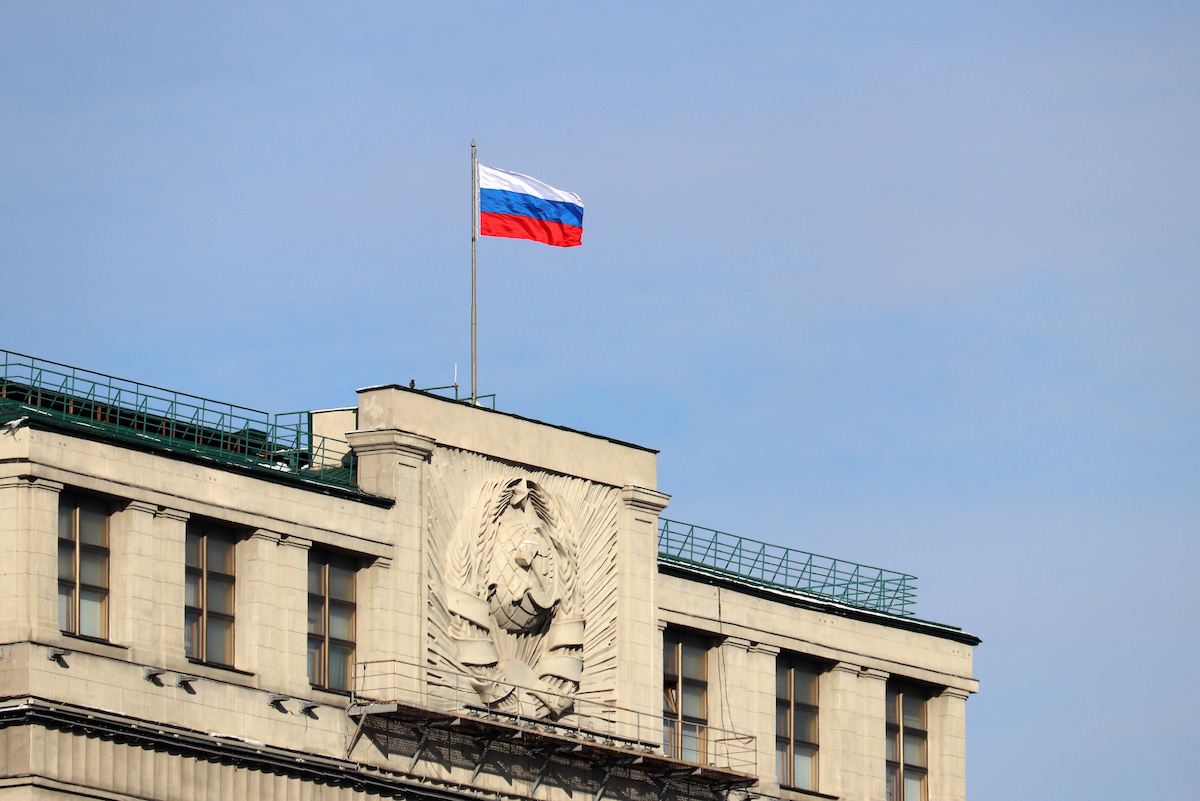« En date du 19 septembre prochain auront lieu dans la Fédération de Russie des élections législatives pour désigner les membres de la « Duma ». Comme lors des neufs élections précédentes, l’Assemblée parlementaire de l’OSCE (Organisation pour la Sécurité et la Coopération en Europe) avait l’intention d’y déléguer des observateurs afin de surveiller le déroulement de ces élections.
Le Luxembourg avait d’ailleurs également prévu d’y participer avec des membres de la Chambre des Députés. Pour assurer une mission adéquate, le partenaire de l’OSCE, l’ODIHR (Office for Democratic Institutions and Human rights), avait proposé une délégation de 80 observateurs à long terme et 450 observateurs à court terme. Or, suite à une décision des autorités russes, basée sur la crise sanitaire actuelle COVID-19, seulement une délégation de 10 observateurs de l’OSCE sera autorisée à surveiller les élections.
En dépit d’une intervention de la présidente de l’Assemblée parlementaire de l’OSCE, les autorités russes maintiennent leur décision. D’après l’ODIHR, une surveillance des élections sous ces conditions n’est pas possible selon les méthodes toujours appliquées. La mission a donc dû être annulée.
Dans ce contexte, j’aimerais poser les questions suivantes à Monsieur le Ministre des Affaires étrangères et européennes:
- Quelle est la position du gouvernement luxembourgeois quant à cette décision de la Fédération de Russie ?
- En renvoyant sur la crise sanitaire actuelle pour limiter d’une manière très contraignante le nombre des observateurs, est-ce que les autorités russes ne risquent pas de s’exposer au soupçon qu’ils ne souhaitent pas que des surveillants externes soient présents lors de ces élections, d’autant plus que depuis le début de la crise sanitaire pas moins que neufs missions de l’OSCE avaient été organisées, dont entre autres une avec 50 membres aux États-Unis en novembre 2020 et une avec 70 participants lors des élections récentes en Arménie ?
- Est-ce que la limite du nombre d’observateurs de l’OSCE imposée par la Fédération de Russie est compatible avec une attitude transparente face aux élections prévues, sachant que la Russie est également membre du Conseil d’Europe ? »
Answer
The government regrets Russia’s decision not to allow any more election observers, but does not speculate on the motives that led to this decision. Free and competitive elections are the foundation of any democratic society and the OSCE’s observation missions have proved their worth in this area over the last years.






